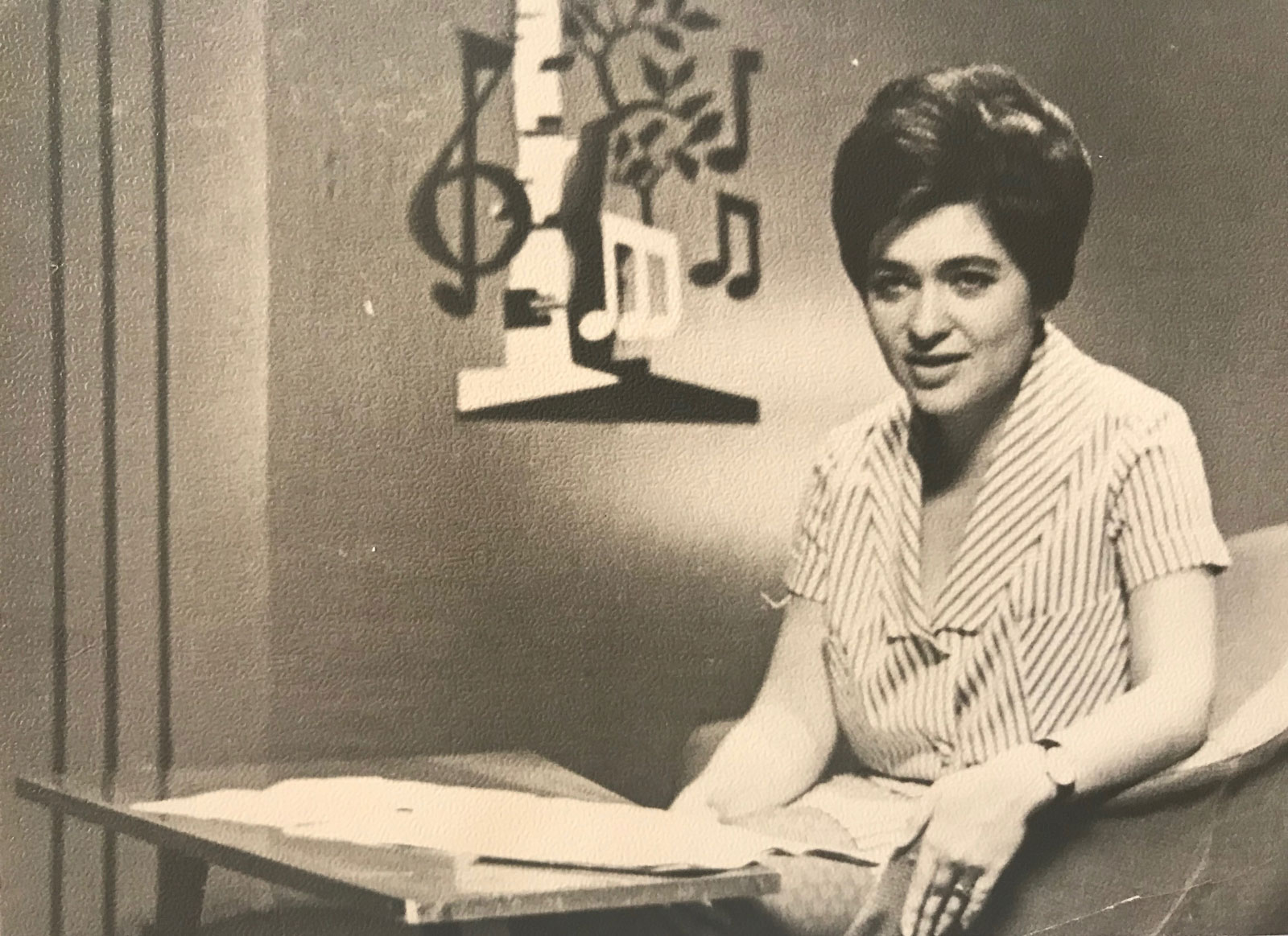Culture was big in the USSR. Many avenues existed for the model Soviet citizen to develop herself culturally. In the Palaces of Culture, for instance, one could sign up for amateur dance and singing “circles,” attend lectures on the harm of alcoholism, even participate in amateur productions of Hamlet. Younger members of the society could go to lavish Pioneer Palaces that offered instruction in everything from music to step-dancing, ballet, journalism, and theater (I did all five in the 1980s, though not concurrently). We also participated in kultpokhody, or organized expeditions to various cultural establishments. Our southern town, Krasnodar, the capital of an important agricultural region, had a philharmonic orchestra, three theaters (for operetta, drama, and puppet), and a permanent circus.
A weekly newspaper, Soviet Culture, published detailed explanations of the culture-related decisions of the Communist Party, and sang the successes of Russia’s ballet dancers and the era’ wunderkind pianist Zhenya Kissin. My mother subscribed to Soviet Culture for professional reasons: she had a job at the Institute of Culture, an unadorned five-story block on the edge of the First-of-May Park in Krasnodar.
The Institute was no palace. Its purpose was simple: to produce culture warriors—librarians, choir conductors, orchestra musicians, dance collective directors, museum curators, mass leisure organizers. An important aspect of the work was organizing the best November 7 displays to commemorate the October Revolution, performing inspiring tableaux and pirouettes in front of the regional Party Committee building. Most students of talent and ambition went straight to one of Moscow’s renowned conservatories, ballet companies, or theater schools, bypassing our local Institute of Culture. Still, the Institute had its fair share of applicants; they offered a higher education diploma, a deferment from military service, and a stipend.
My mother had passed up a chance to do a master’s degree at the Moscow Conservatory under the patronage of Dmitry Shostakovich, a family friend, and instead married my father in 1970 thinking that she was choosing family bliss and stability over the uncertainties of starting a professional life in the arts from scratch in the capital. And things began well. In Krasnodar, in addition to her job at the Institute, she enjoyed minor celebrity status as a local TV host on a classical music show—to the extent that shows like What If Grieg Kept a Diary could make one a celebrity in the land of wheat fields, tractors, fertilizer depots, and dairy farms. But it paid well and, according to witnesses, my father was a handsome man.





